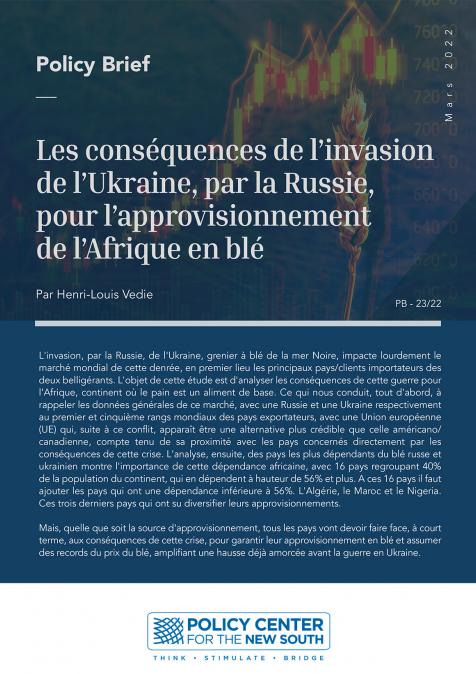Publications /
Policy Brief
“Hiring outsiders to fight your battles is as old as war itself”. Peter W. Singer (2011)
Mercenaries, private contractors, soldiers of fortune, dogs of war, guns for hire, war lords ... These are some of the names given to individuals working for private companies that provide military and security services. The debate around the use of these companies is deeply polarized, with some authors portraying such military contractors as ‘messiahs’, praising their efficiency in modern conflicts and their expertise, while others perceive them as simple ‘hired guns’. However, the debate about legitimacy and legality aside, the privatization of security and of military forces is perhaps one of the most important changes in the security field in recent years. In the past three decades, Africa has seen a significant rise in, and consolidation of, the presence of private military and security companies (PMSCs). These companies have, in some cases, been hired by local governments, and in other cases by foreign countries interested in combining business activities with other political interests. In recent years, the presence of foreign fighters in the Central African Republic, Sudan, Libya, and Mozambique, among others, has sparked controversy and rekindled the debate about the new face of proxy war. The full extent and the long-term impact of the privatization of security and the military industry are still not fully understood, and this series of papers aims to provide a thorough analysis of this research gap.











